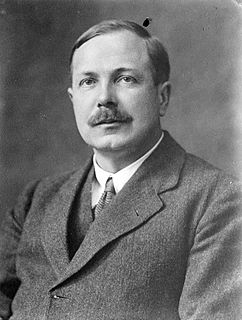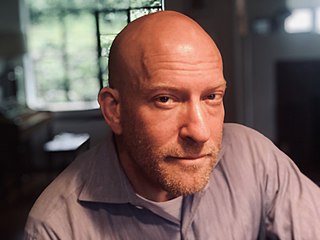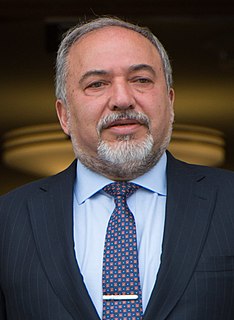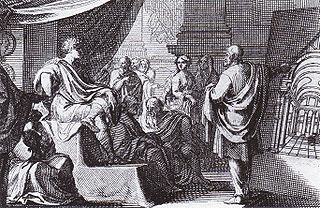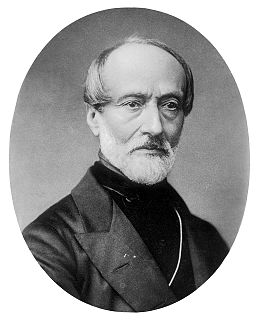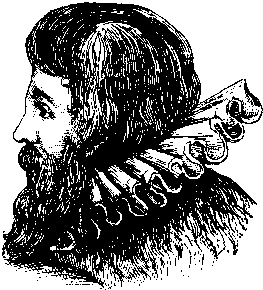A Quote by Pope Paul VI
After long centuries, agrarian civilization is weakening. Is sufficient attention being devoted to the arrangement and improvement of the life of the country people, whose inferior and at times miserable economic situation provokes the flight to the unhappy crowded conditions of the city outskirts, where neither employment nor housing awaits them?
Related Quotes
In the US after the Great Depression, they invested heavily in infrastructure to create a lot of employment. In Germany after the war there was the Marshall plan for roads, rail, housing, energy, water and so on. That created massive employment after the devastation of the war and helped them to rebuild the country.
... he felt himself to be one of them, who can live neither in the world nor out of it. They are a kind of sick people, whose desire for God makes them unsatisfactory citizens of an ordinary life, but whose strength or temperament fails them to surrender the world completely; and present-day society, with its hurried pace and its mechanical and technical structure, offers no home to these unhappy souls.
Civilization has taught man how to live in dense crowds, and by that very fact those crowds are likely ultimately to constitute a majority of the world’s population. Already there are many who prefer this crowded life, but there are others who do not, and these will gradually be eliminated. Life in the crowded conditions of cities has many unattractive features, but in the long run these may be overcome, not so much by altering them, but simply by changing the human race into liking them.
Neither numbers nor powers nor wealth nor learning nor eloquence nor anything else will prevail, but purity, living the life, in one word, anubhuti, realisation. Let there be a dozen such lion-souls in each country, lions who have broken their own bonds, who have touched the Infinite, whose whole soul is gone to Brahman, who care neither for wealth nor power nor fame, and these will be enough to shake the world.
Much of the social history of the Western world over the past three decades has involved replacing what worked with what sounded good. In area after area - crime, education, housing, race relations - the situation has gotten worse after the bright new theories were put into operation. The amazing thing is that this history of failure and disaster has neither discouraged the social engineers nor discredited them.
Housing in New York City has become too expensive for many average wage earners, let alone people with marginal incomes, who find themselves displaced to far-flung neighborhoods or to the streets. Racist discrimination in housing, which has been around for decades and follows centuries of slavery, has exacerbated the housing affordability crisis for people of color.
Without country you have neither name, token, voice, nor rights, no admission as brothers into the fellowship of the Peoples. You are the bastards of Humanity. Soldiers without a banner, Israelites among the nations, you will find neither faith nor protection; none will be sureties for you. Do not beguile yourselves with the hope of emancipation from unjust social conditions if you do not first conquer a Country for yourselves.
For many parts of Nature can neither be invented with sufficient subtlety, nor demonstrated with sufficient perspicuity, nor accommodated unto use with sufficient dexterity, without the aid and intervening of the mathematics, of which sort are perspective, music, astronomy, cosmography, architecture, engineery, and divers others.
You had a flood of immigrants, millions of them, coming to this country. What brought them here? It was the hope for a better life for them and their children. And, in the main, they succeeded. It is hard to find any century in history, in which so large a number of people experience so great an improvement in the conditions of their life, in the opportunities open to them, as in the period of the 19th and early 20th century.
The short-range involves the long-range. Immediate steps have to be taken to reeducate our people into the, a more real view of political, economic, and social conditions in this country, and our ability in, in a self- improvement program to gain control politically over every community in which we predominate, and also over the economy of that same community as here in Harlem. Instead of all the stores in Harlem being owned by white people, they should be owned and operated by black people.
The adult May fly lives only a few hours, just long enough to mate. He has neither mouth nor stomach, but needs neither since he does not live long enough to need to eat. The eggs the May fly leaves hatch after the parent has died. What is it all about. What's the point? There is no point. That's just the way it is. It is neither good nor bad. Life is mainly simply inevitable. (41)



